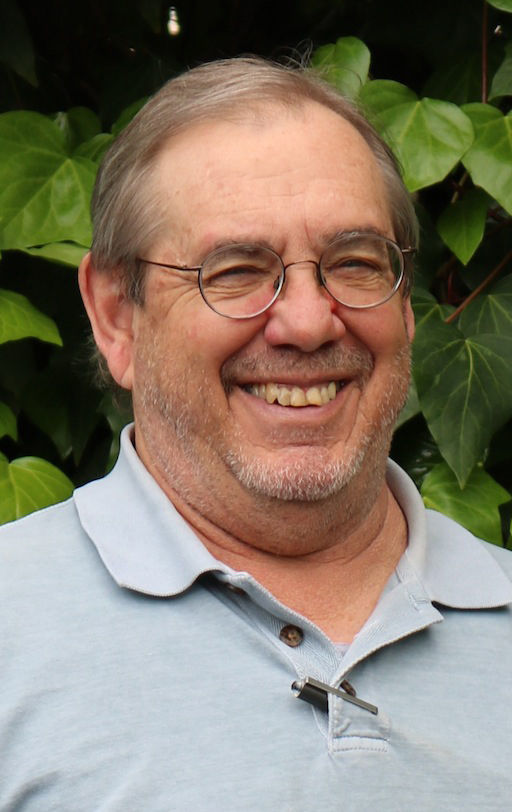Well, so much for a peaceful transfer of power. Five Americans died on Jan. 6 when an angry mob stormed the U.S. Capitol and forced members of Congress to flee and barricade themselves for fear of personal harm. We all know what happened. We saw it on live TV. Most of us think we know why it happened but far too many of our fellow Americans are denying it. What is undeniable is we all just witnessed one of the darkest days ever in our democracy’s history.
A mix of many ingredients that have been stewing in our America for many years, boiled over on that gray-skied day in Washington, D.C. Deny, impeach, finger-point, grieve or whatever — what is most important is how we record this historical moment and the lessons we must take from it.
Left in our divided political camps, we are destined to see the violence and anti-democratic mobs repeated — perhaps as soon as on Jan. 20, Inauguration Day. Even after the deaths in our Capitol, even after the Trump campaign has lost 59 court cases claiming a stolen election, even after numerous recounts in most states and, even after the certification by the Electoral College, there are still many Republicans and other voters who think the 2020 election was stolen from Donald Trump. While smoke was still clearing in the Capitol Rotunda last Wednesday, eight U.S. senators and 139 members of the House of Representatives voted to object to the 2020 election results.
Prior to the events of Jan. 6, Sonoma West Publishers and our nonprofit partner, Sonoma County Local News Initiative had arranged for Daniel Ziblatt, the co-author of the 2018 book, “How Democracies Die” to share a livestream conversation with you, our readers, and us. This timely and invaluable interview and presentation will take place from 5-6 p.m. on Thursday, Jan. 28, hosted on our YouTube news channel and live on a Zoom session. El Molino High School history teacher and former journalist John Grech will assist with moderating the evening. Professor Ziblatt is a native of Sonoma County and his parents still reside here. We are privileged that he will be joining us.
Ziblatt and his co-author Steven Levitsky have studied the fall of foreign country democracies and the rise of dictators, fascists and other authoritarians for a few decades. At the beginning of their book, written two years into the Trump presidency, the men confessed: “Is our democracy in danger? It is a question we never thought we’d be asking.”
The book is not a slanted political hit piece or reprimand. It is a scholarly analysis, written with a historian’s precision. By looking at how despots such as Mussolini, Hitler, Putin, Victor Chavez and others subverted democracies, “How Democracies Die” lists four common tactics of authoritarians. Reading them is an eerie exercise. The four main factors include a leader’s rejection or weak commitment to democratic rules; denial of the legitimacy of all political opponents; toleration or endorsement of politically motivated violence; and, a readiness to curtail civil liberties and obstruction of a free press.
The authors write that most democracies do not die sudden deaths with a revolution or a coup. They die a slow death with a weakening of critical institutions including the courts, legislative oversight and an independent press, and from the gradual erosion of long-standing political norms.
Ziblatt and Levitsky have been in high demand over recent weeks and have been quoted extensively by the New York Times, Washington Post, The Economist and elsewhere. Not only can you, our readers, be next to hear from these history and political science scholars, but you can ask your own questions about what we must do next to save our American democracy.









